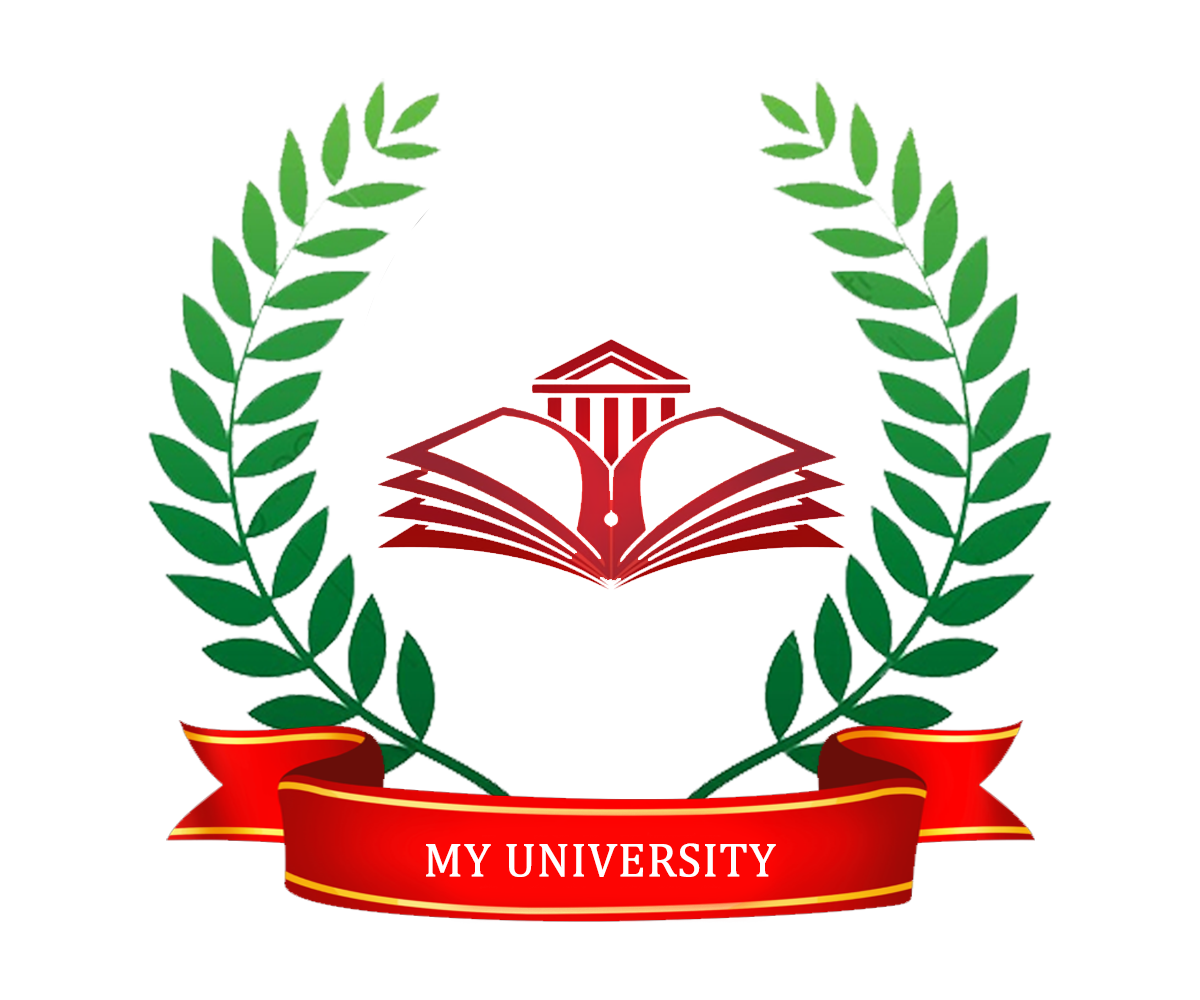1. BA in Marathi
BA in Marathi is an undergraduate programme focusing on the aspects and history of the Marathi language. It is a language-oriented course in the field of Arts. The course doesn't offer any specialisations and allows the students to study a broad range of subjects in order to maintain a flexible yet wholesome educational experience.
Marathi is one of the most spoken languages in the world and is bestowed with rich literature, philosophy, and history. Hence, it is a promising field of study in language as it offers wide career opportunities. The course predominantly focuses on the pedagogy of linguistics, fiction, literature, history, and development of Marathi. The subjects taught under the program include literary criticism and history, poetry, drama, fiction, and philosophy about Marathi linguistics.
The programme also includes pedagogy of some other subjects such as geography, general history, political science, and economics in order to make the program more inclusive. The students opting for the program are able to learn a host of other subjects as well while learning the ins and outs of Marathi. This makes the field of opting for other higher educational courses open and not just limited to the language.
BA in Marathi: Course Advantages
- Students opting for BA in Marathi would have a detailed knowledge of the language at hand and would allow them to develop their research, analytical, and communication skills.
- As there is no limitation in case of specialisation choices for Art courses at the postgraduate level, the students have a wide array of career choices to choose from, adding to the advantage of opting for the course.
- The students get an opportunity to develop their interpersonal skills and critical thinking, which are essential for career development.
- The benefit of opting for a language-centric course is that the field for further education or for a job is not restricted.
- The students get an opportunity to work for high-end government jobs and other wide array of opportunities such as teachers, multimedia personalities, journalists, etc.
- The students graduating in this course will be equipped with the detailed knowledge of the language and hence will provide them with an edge in career fields related to regional languages.
What is the BA in Marathi Admission Process?
The admissions to the BA in Marathi program are generally based on the performance of candidates at the 10+2 level. However, some universities/colleges also conduct their own entrance tests for the admission process.
- Candidates can avail the application form facility either online or offline.
- The institutes prepare merit lists on the basis of the candidate’s marks in the last qualifying examinations.
- Candidates also need to appear for a written test entertained by some institutes.
- The institute will publish merit lists and shortlisted candidates will be required to appear for counselling or document verification rounds.
BA in Marathi: Eligibility Criteria
Listed below is the eligibility criteria for the interested candidates who want to pursue BA in Marathi:
- Candidates must have completed 10+2 in any stream from a recognized institute.
- Candidates must also have secured a minimum aggregate score of 50% (45% for SC/ST/OBC candidates) at the 10+2 level.

